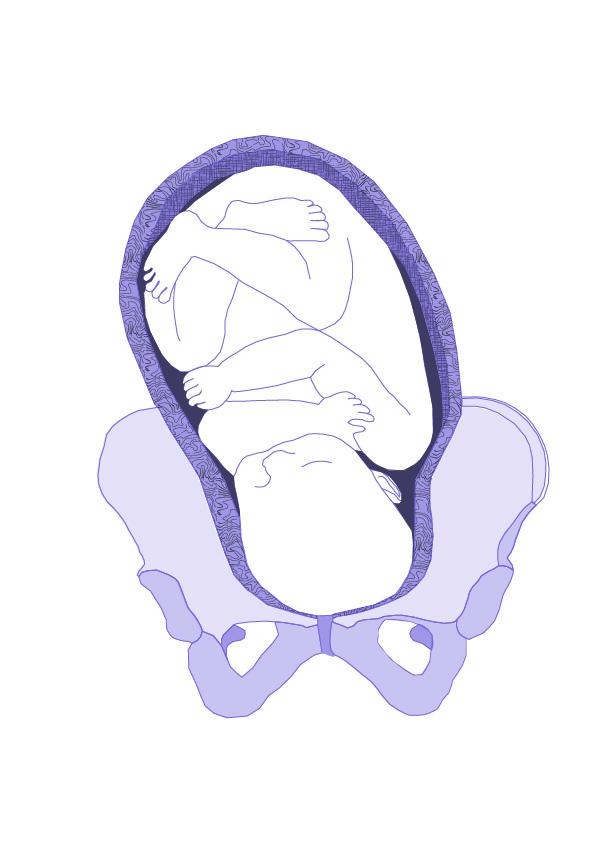
3 minute read
Introduction
from Utopia A3
For so long, the debate on emotions and the role that they play in shaping society has been ongoing. However, its conclusion has not always been positive, as emotions often lead people to act on impulse, choosing to ignore laws or even common sense. The modern world could be described as primarily driven by emotions. There is a strong emphasis placed on empathy and tolerance, as humans need emotions to grow and develop. It could then be concluded that the world needs emotions in order to perform. However, can this same empathy and tolerance not be incorporated through logic and the basic idea of doing something to receive something in return? Unlike emotions, which tend to be fickle and dependent on how an individual feels, logic often remains the same, no matter the time of day or the state of mind of an individual. It would therefore be more consistent. Logos explores this idea by being only driven by logic. It pictures a world where people act and make decisions based on practicality and what would make their lives more comfortable. It also eliminates the concept of self and fosters a more communal mindset in which people help one another. Not because they want to, but because it would make sense to do so, as it would generate some sort of income in the future. It would also eliminate modern issues such as child abandonment, divorce, unemployment, etc., as everyone would be provided with a child, a partner, and a job that fit their profiles and day-to day lives rather than being choices made out of temporary interests. When conceptualizing Logos, the approach began with picturing a polished version of the existing world. A utopia is a fictitious reality in which the world is planned to be flawless, or an idealisation of a world. To construct a utopia, certain answers to existing issues must be found in order to bring the world closer to perfection. The project's major focus is on orphans who do not have guardians and individuals who are unable to function successfully due to emotional turmoil.
Therefore, the answer is to establish a separate universe in which orphans from the world of emotions are matched with guardians and nurtured without emotions in order to maximize human productivity. We opted to construct our new world alongside the present world, which is referred to as Ethos, rather than a world on its own; it is a heterotopia within the current civilization. Logos is dependent on the world of emotions to provide orphans in order to maintain their civilization and increase the population, but it also addresses the issue of abandoned children. As a result, the world is a heterotopia in which key difficulties of the world with which it coexists are remedied. Considering this, the purpose of our narrative is to present its view through the eyes of an orphaned child. As our heterotopia is a society devoid of emotion that focuses primarily on practicalities and mutually beneficial interaction, the orphan's eyes reflect the injustice in the emotional world, Ethos, since they have little control over their parents or their own upbringing. Certain orphans may be put in homes that are not ideal for them and that lack what they most seek in parents. Do and will orphans fare better as individuals in a society devoid of emotions? This highlights the lack of emotions within a family that was formed based on an abandoned child's choice of a new home—choosing the household in which they would ideally wish to grow up, lacking a truly homely sense. Our narrative is aimed at an audience that sees emotion as a hindrance or weakness in leading a successful life. There has been a long-standing notion that revealing emotion will take away from professionalism or the logic behind decisions. For this reason, we imagined a world completely void of this "weakness" called emotion and instead fully reliant on functionality and efficiency. We wanted to address this worldview and those who are misled by it through the telling of this narrative. Some examples of this are people who grow distant after experiencing tough situations or those who believe that it is disgraceful for personal and work lives to be involved
Advertisement
They have been blinded by this misconception and cannot realize that the rawness of our emotions is what makes us human. By basing our narrative on the relationship between children and their parents, which is usually associated with care, we aimed to emphasize these characteristics and their counterparts.






